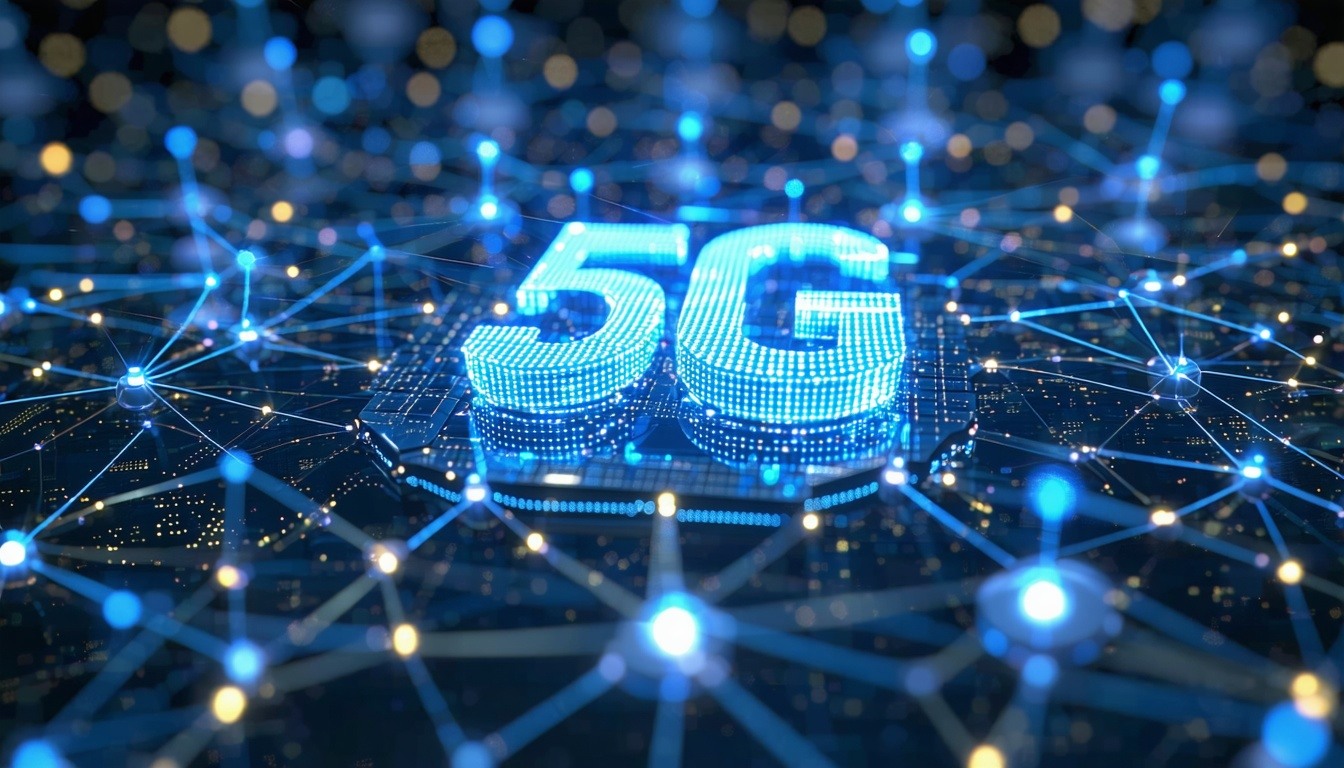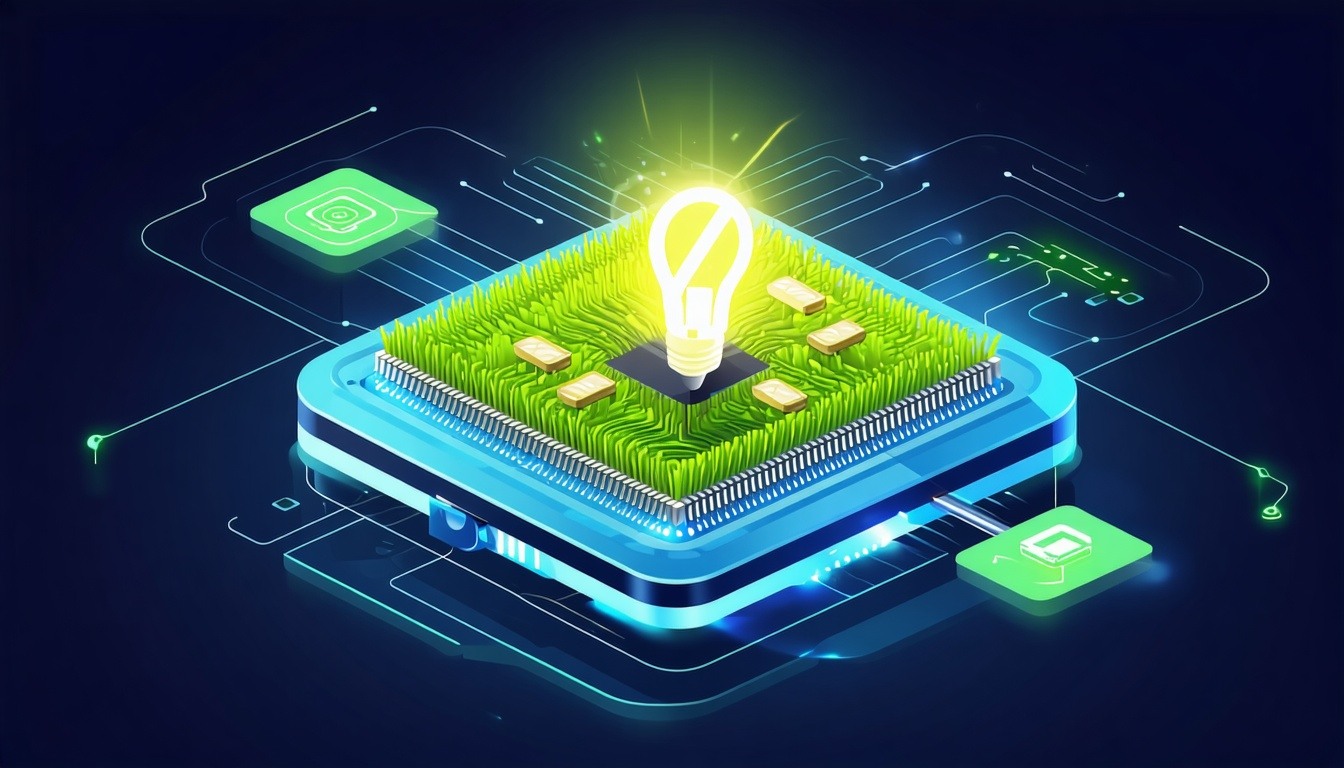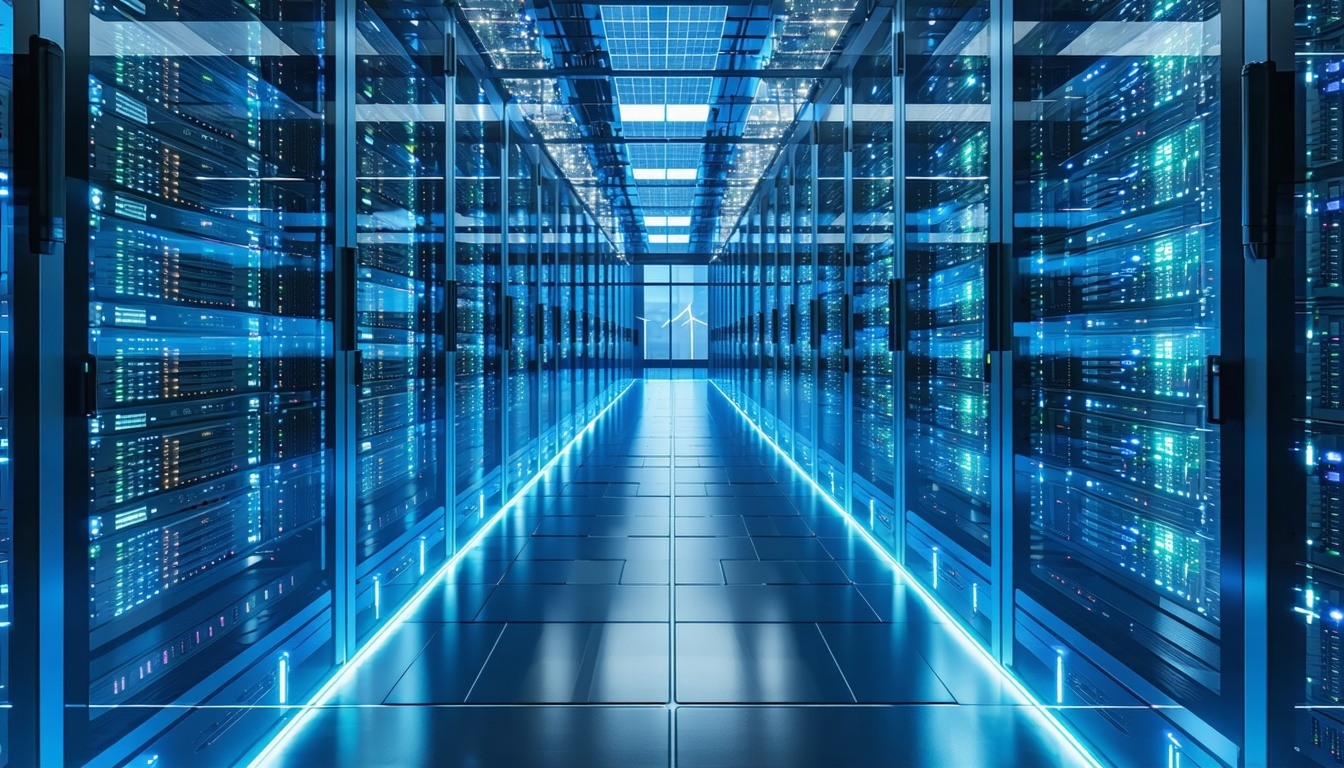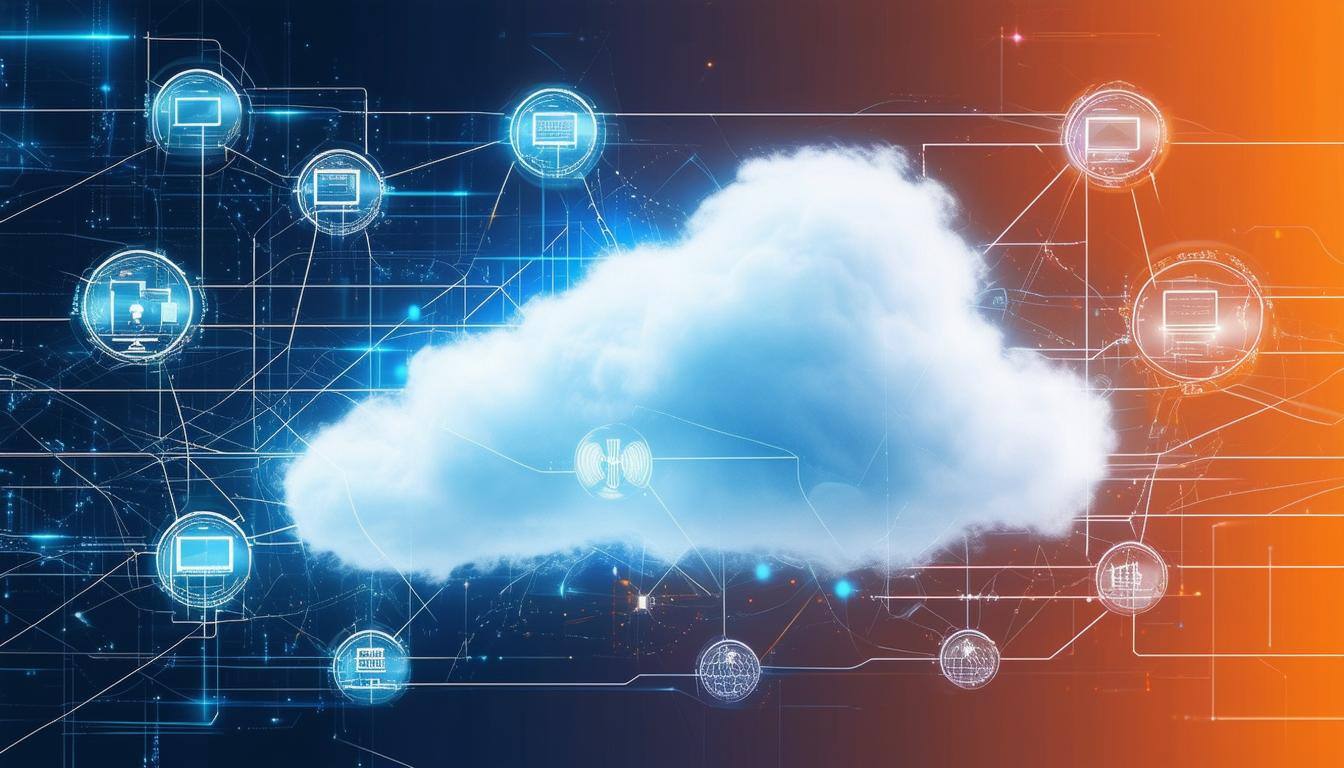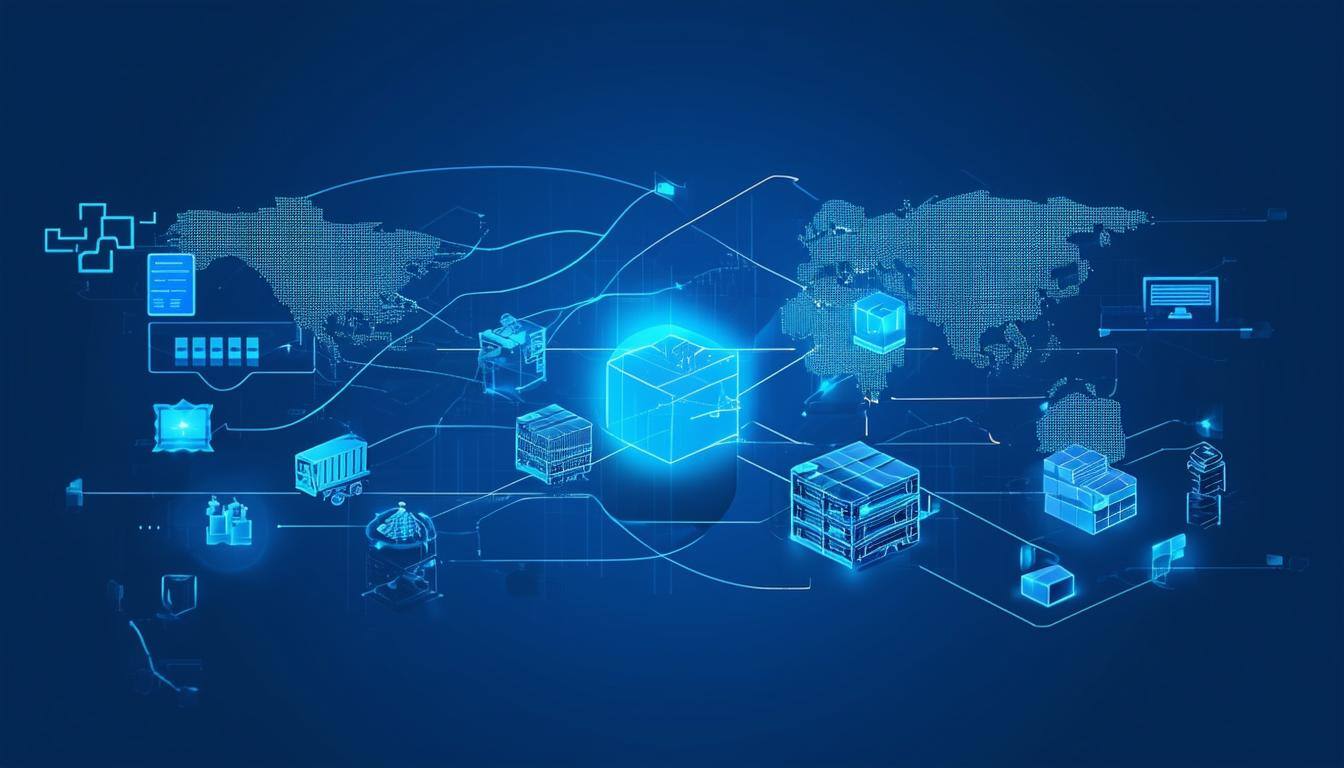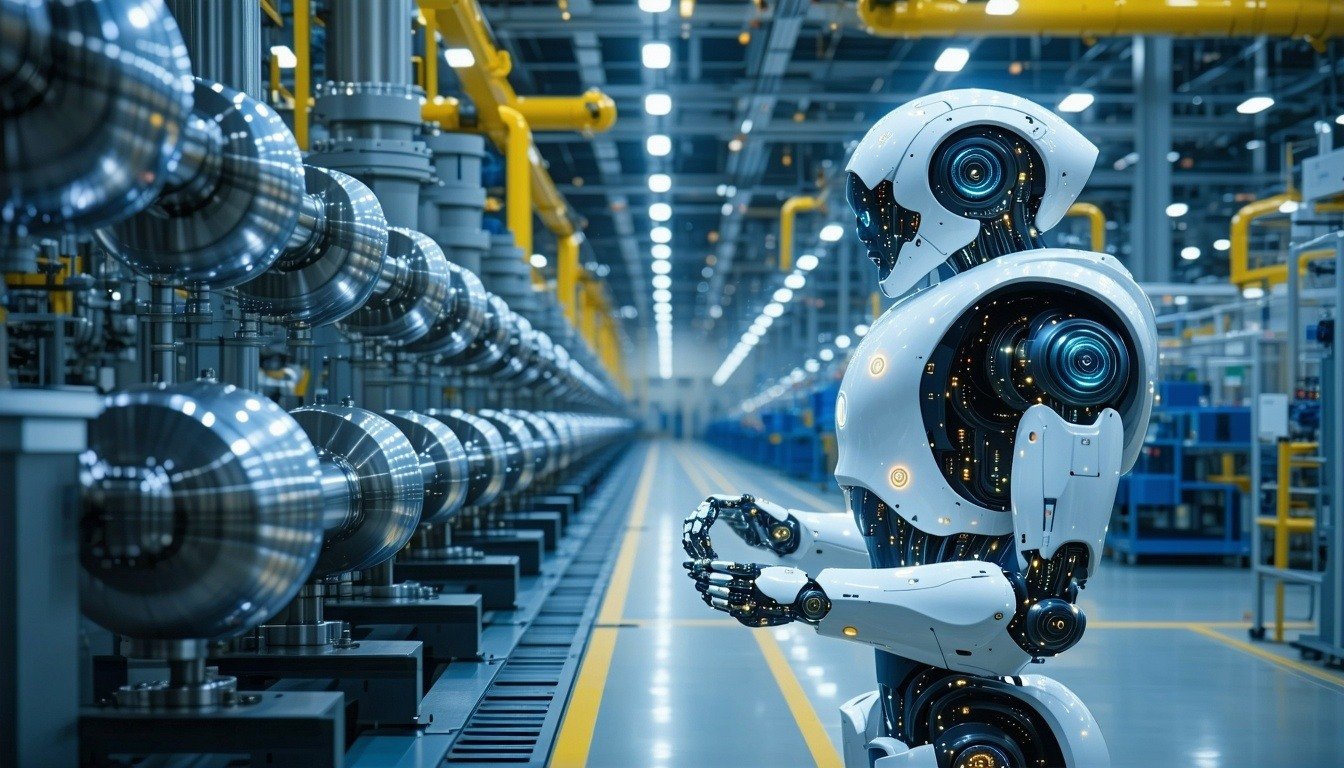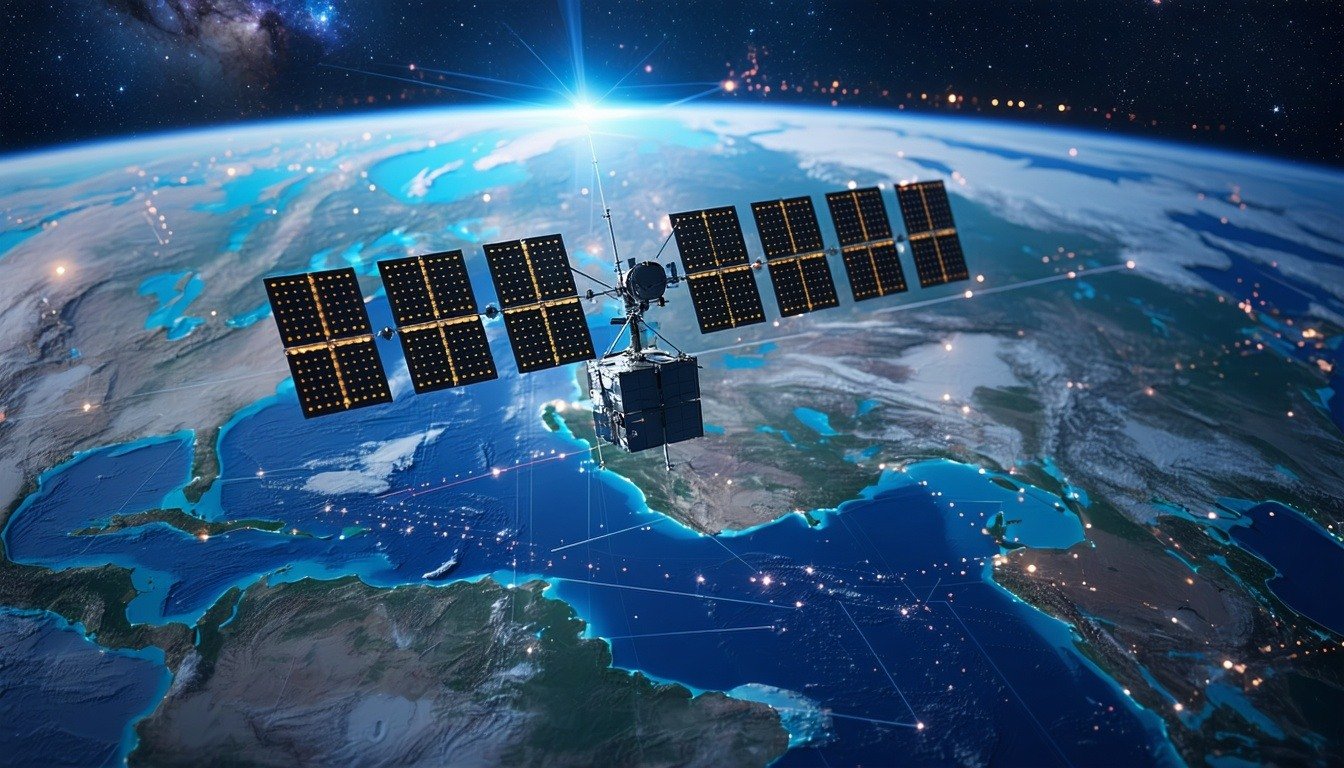The cloud AI market is expanding rapidly, driven by advancements in Generative Artificial Intelligence (Gen AI), cloud computing, and AI-optimized silicon chipsets. Businesses and organizations are increasingly leveraging cloud AI to train complex Large Language Models (LLMs), run new applications, and integrate Machine Learning (ML) capabilities into their operations.
Cloud AI Mushrooms Into a US$119 Billion Market
Mar 20, 2025 10:15:42 AM / by Paul Schell posted in AI & Machine Learning
Top Industries/Applications Driving 5G Market Growth from 2025 to 2030
Mar 18, 2025 4:00:00 AM / by Shadine Taufik
The 5G market is poised for significant expansion, presenting telco operators with clear opportunities for revenue growth. Enterprises within industries like manufacturing and healthcare are seeing private 5G deployments rapidly catch up to 4G/Long Term Evolution (LTE) deployments as they require advanced cellular capabilities to facilitate mission- and safety-critical applications. Developments such as these will increase the Total Addressable Market (TAM) for 5G services from US$2.7 billion in 2025 to US$29 billion by 2030, representing a Compound Annual Growth Rate (CAGR) of 61%. That is according to ABI Research’s Private Cellular Network Forecasts, which was published in 1Q 2025.
RF Energy Harvesting in the IoT: Comparing Powercast, Wiliot, and Ossia
Mar 13, 2025 11:57:21 AM / by Jonathan Budd posted in IoT Hardware
Wireless energy harvesting is rapidly gaining traction in the Internet of Things (IoT) industry as companies look for alternatives to traditional batteries and wired power. While there are several ways to enable energy harvesting, Radio Frequency (RF) harvesting has emerged as a transformative method.
Data Centers to Double Their Energy Consumption, Driven by AI and Cloud Computing
Mar 11, 2025 9:30:55 AM / by Admin posted in Smart Buildings, AI & Machine Learning
Electricity consumption in data centers poses one of the biggest decarbonization challenges of our time. On one hand, there is a huge demand for energy-guzzling applications within the Generative Artificial Intelligence (Gen AI) and cloud computing domains. On the other hand, these technologies require an unprecedented amount of power to run. For example, some industry gurus have suggested that a single Large Language Model (LLM) interaction could have similar electricity consumption as leaving a low-brightness LED lightbulb on for an hour. Though data center electricity needs account for just 2% to 4% of total power in advanced economies today, digital technology growth will amplify their grid impact by 2030.
MWC-2025: East-West Divide amid Compute-Comms Convergence
Feb 28, 2025 11:55:34 AM / by Malik Saadi posted in 5G & 6G Cloud-Native Systems, 5G, AI & Machine Learning
Mobile World Congress (MWC) 2025 promises to be a landmark event, marking a dramatic shift in focus from communications to computing. In the midst of this transformation, ABI Research anticipates that the tech show will shine a spotlight on the growing rift between China and the West, with a special focus on how telcos are embracing platforms that can power next-gen applications, especially in the realm of Artificial Intelligence (AI).
The Network APIs Pivot at MWC 2025: Bridging the Comms-Compute Gap
Feb 27, 2025 10:40:21 AM / by Admin posted in 5G and Tech, 6G & Open RAN, 5G & 6G Cloud-Native Systems, 5G, 5G Devices, Smartphones & Wearables, AI & Machine Learning
As we inch closer to Mobile World Congress (MWC) 2025, network Application Programmable Interfaces (APIs) are a hot ticket item within the telecoms industry. They are a way for telco operators to provide developers with access to network capabilities, enhancing user experience and offering more efficient services, while unlocking new features otherwise not possible. APIs have unlocked opportunities across supply chains, with notable successes including app stores like Apple's and Google's, cloud services like Amazon Web Services (AWS) and Azure, and various consumer and enterprise services.
ABI Research's Expectations for AI and Compute at MWC 2025
Feb 25, 2025 9:20:06 AM / by Malik Saadi posted in 6G & Open RAN, 5G & 6G Cloud-Native Systems, 5G, 5G Devices, Smartphones & Wearables, AI & Machine Learning
Technological advancements in cellular standards have been the hallmark of MWC for 2 decades, dating back to the 2G and 3G eras. This year, that will change for many reasons:
Comms to Compute: Will the Mobile Ecosystem Transform at MWC 2025?
Feb 21, 2025 10:41:40 AM / by Malik Saadi posted in 5G and Tech, 6G & Open RAN, 5G & 6G Cloud-Native Systems, 5G, 5G Devices, Smartphones & Wearables, AI & Machine Learning
Mobile World Congress (MWC) 2025 is fast approaching, and ABI Research will be there once again to witness the latest innovations shaping the future of mobile technology. Based on numerous pre-briefings ahead of Barcelona, our analysts are calling the most dramatic shift in MWC's history: watch the telecoms industry finally shed its old skin. Computing and Artificial Intelligence (AI) are not just joining the party, they are taking over the entire show.
T-Mobile’s 5G Standalone (SA) Services: Network Slicing Unlocks New Monetization Avenues
Feb 20, 2025 2:04:23 PM / by Admin posted in 5G & 6G Cloud-Native Systems
T-Mobile US is one of the most successful network carriers in the United States, generating US$66.2 billion in services revenue in 2024. It’s a household name in America, with its antennas and Millimeter Wave (mmWave) technologies being used to connect the Superdome in New Orleans for the Super Bowl. While everyone knows who T-Mobile is, few are familiar with the technological underpinnings of its forward-looking solutions.
Five Supply Chain Technology Trends to Watch at ProMat 2025
Feb 19, 2025 12:15:00 AM / by Ryan Wiggin posted in Supply Chain Management & Logistics
The material handling and supply chain industry’s flagship event, ProMat, is just around the corner (March 17 – 20). At the show, leading technology vendors from across the warehousing and logistics industry are set to exhibit their latest supply chain innovations. From Artificial Intelligence (AI) integration to real-time visibility software, these technologies aim to build resilience for organizations’ logistics operations.

